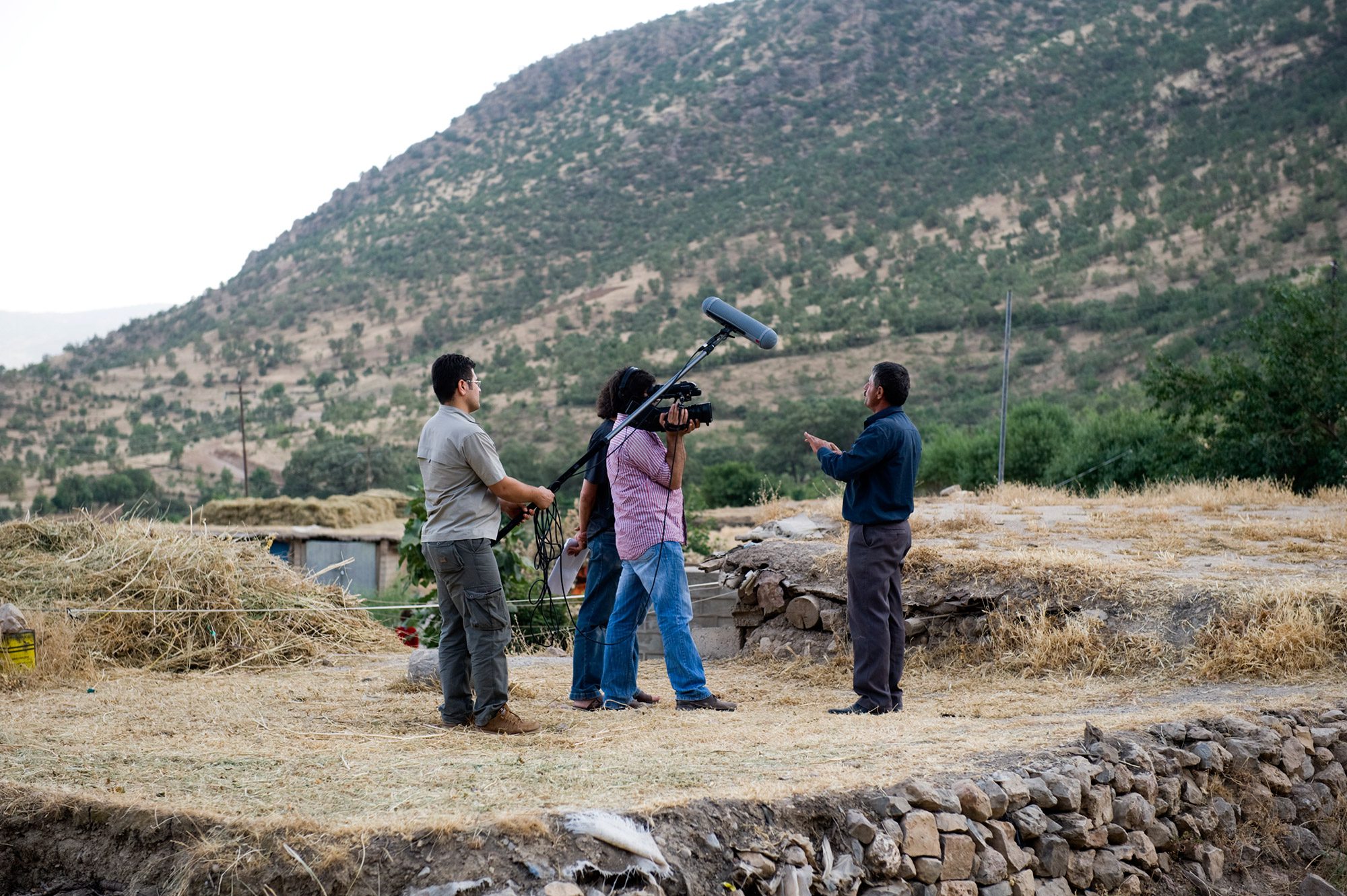Legacy: The Pain of Bereavement
Anfal survivors returned to their villages to find their homes destroyed and their loved ones gone. For all, the loss of family remains a deep source of pain.
Sometimes my lost children visit me in my dreams
I don't despair for my father because he was a man who served his people
My sister lost her mind, blaming those close to her for the chemical attack
Do you know what it's like to lose a child? If I drink a cup of tea it gets stuck in my throat
For a man to be without his family is not living
My son was coughing up blood and dirt. He couldn't breathe
A friend said he'd seen my missing relatives and all had been killed
We had nothing to go back to, no home or relatives
There is no worse feeling than seeing your father beaten
They had a nice and calm life – then Anfal was upon us
Legacy: Trauma and the Kurdish people
Anfal was a deeply painful event for the Kurdish people. Hundreds of thousands still suffer from the effects of severe physical and mental traumas that they may never recover from.
It took seven years to realise our men were not coming back
As physicians, when we hear these stories we feel traumatised
We’re still frightened the government might “Anfal” us and take away what little we have left
I have lost the greatest gift in life, love
I can never forget being with these good, innocent people whose only crime was to be Kurdish
Legacy: Treating Victims of Gas Attacks
After the chemical attacks of 1987 and 1988 doctors in rural areas were overwhelmed by the number of patients. This was the first time they had treated injuries caused by chemical weapons.
